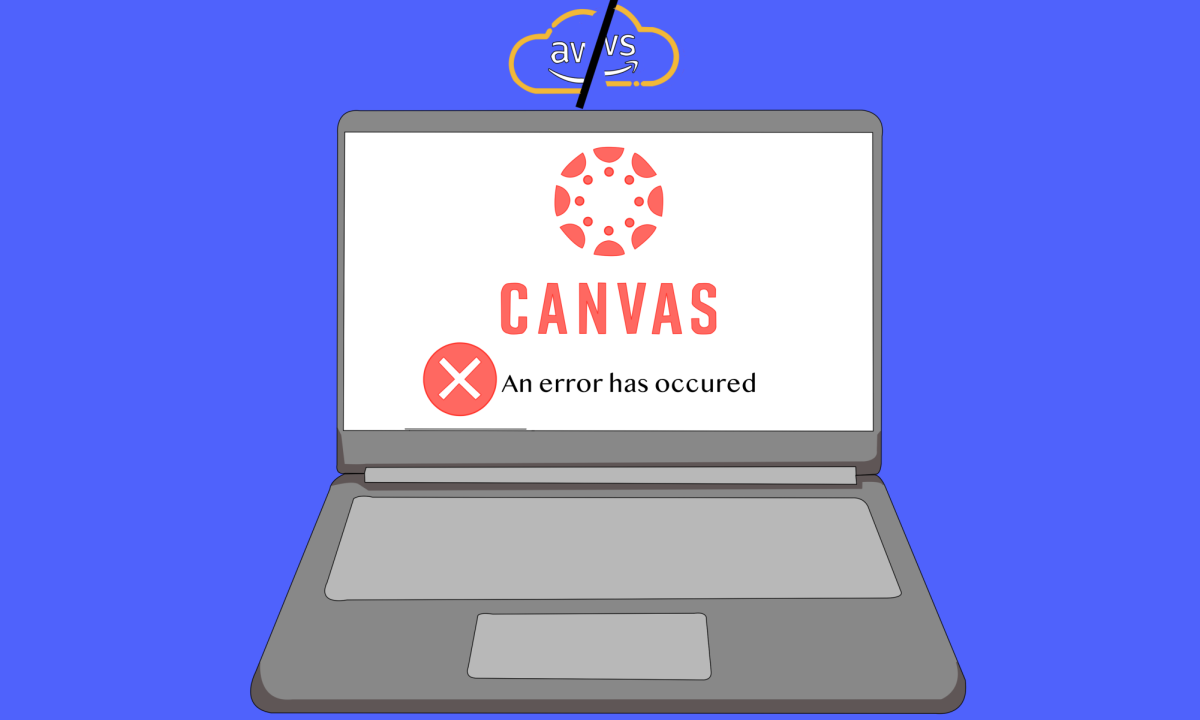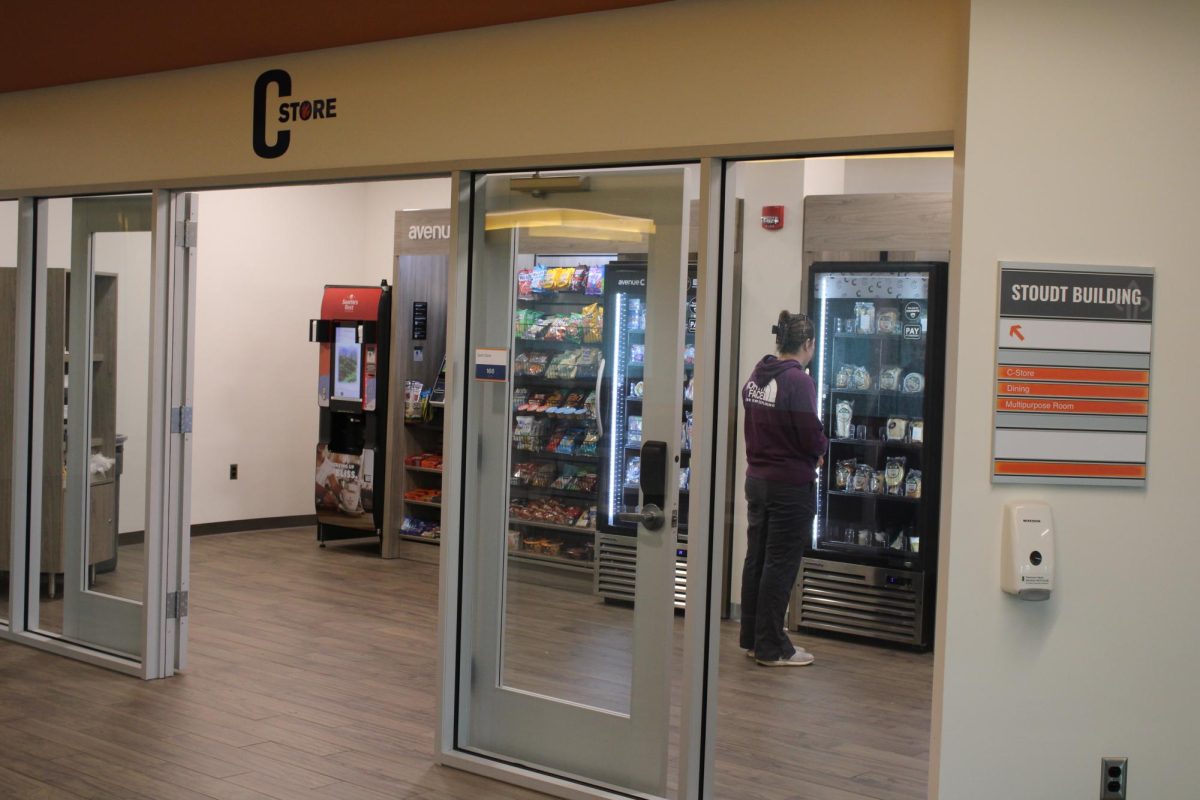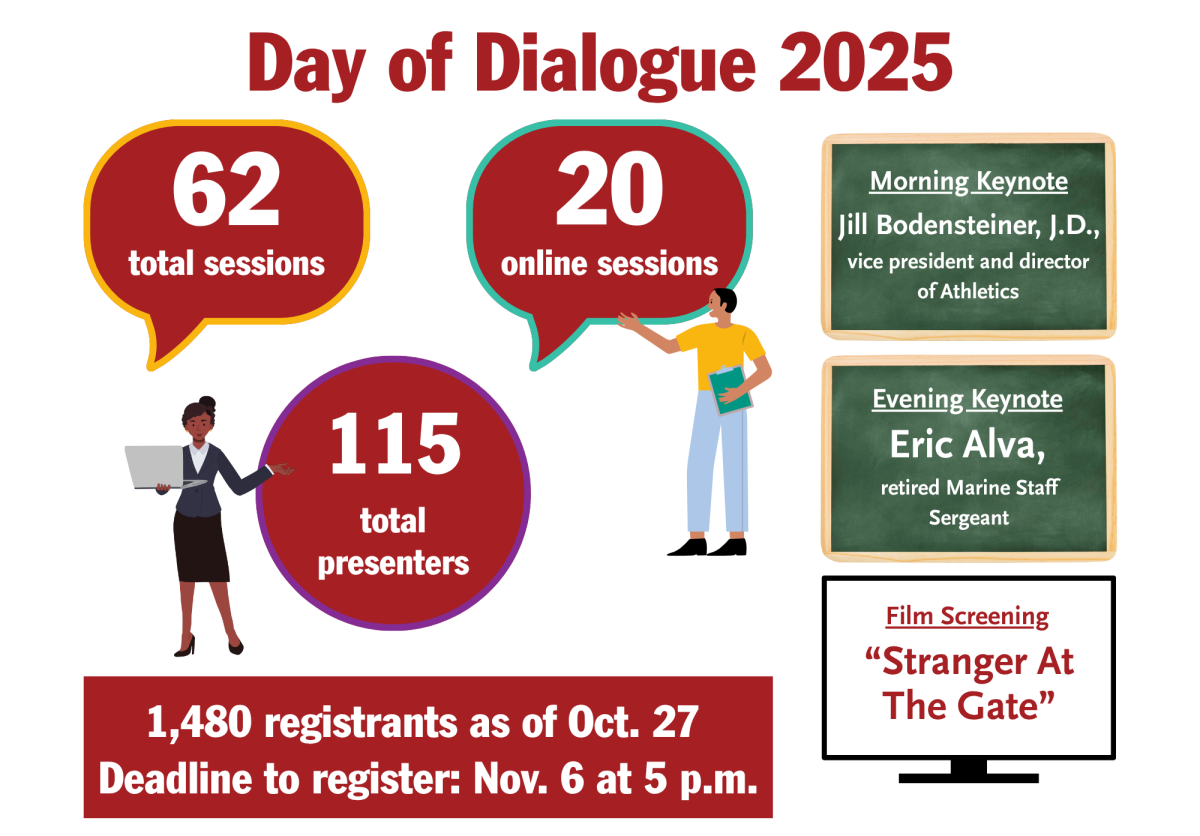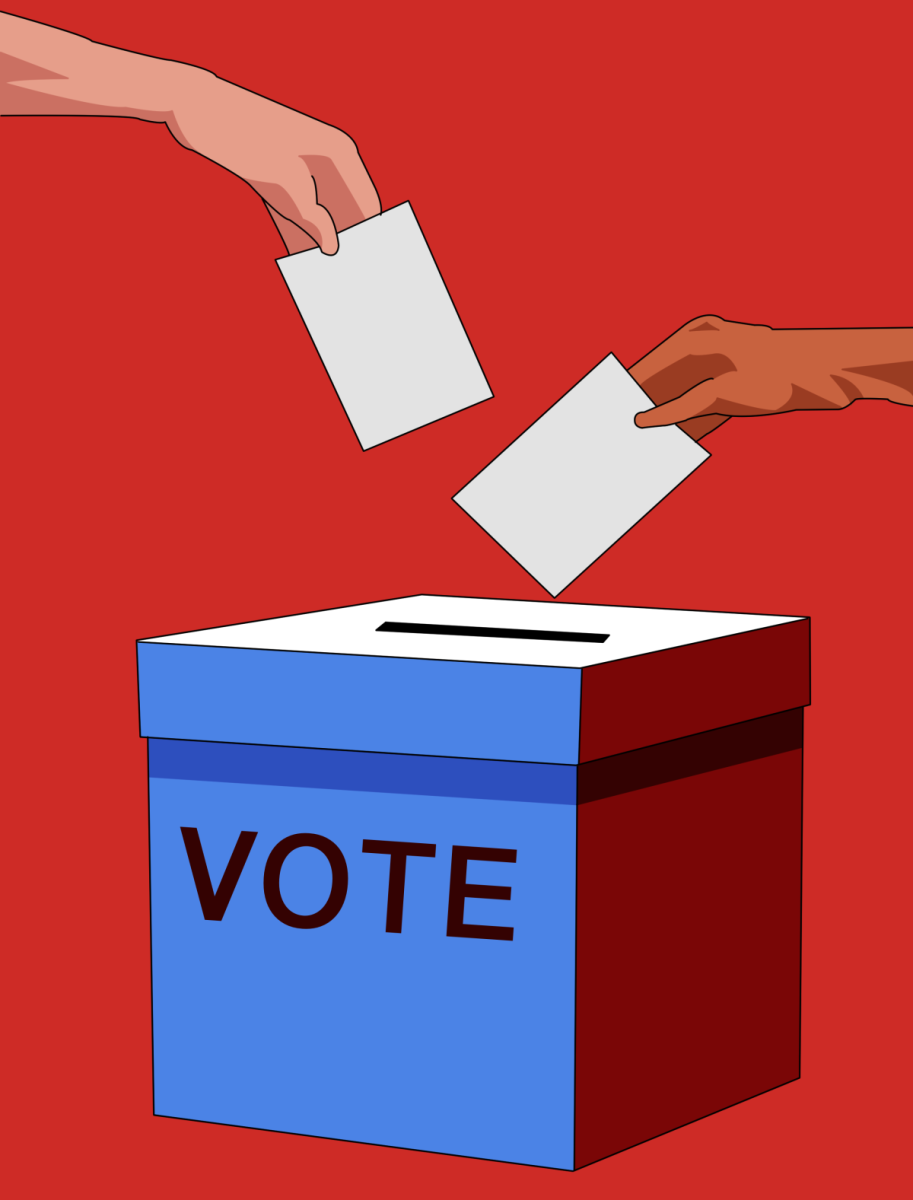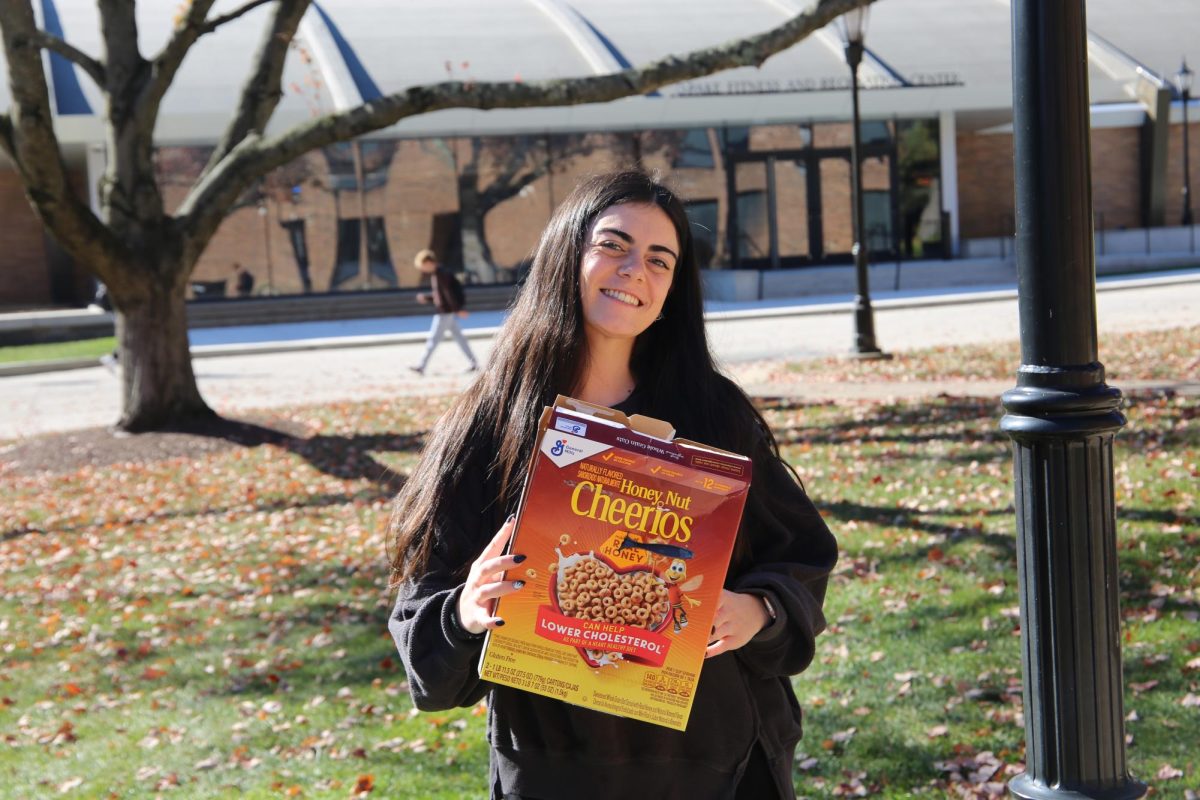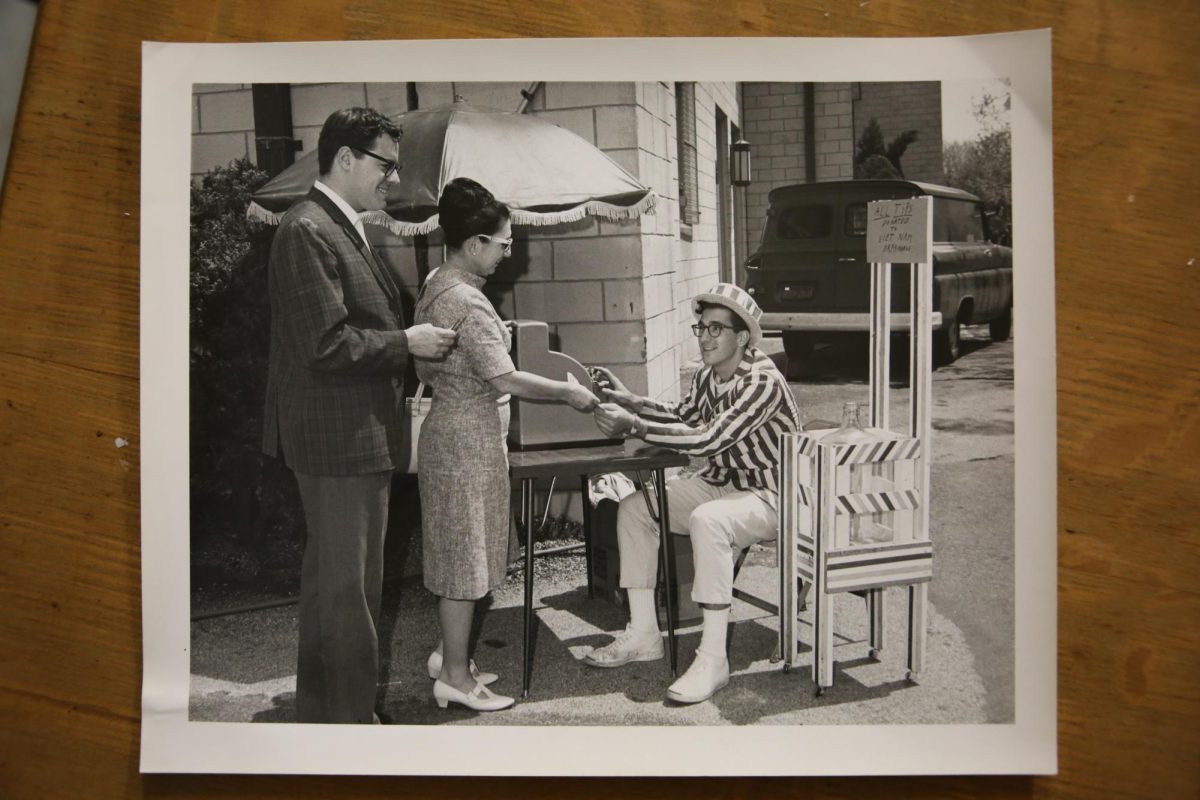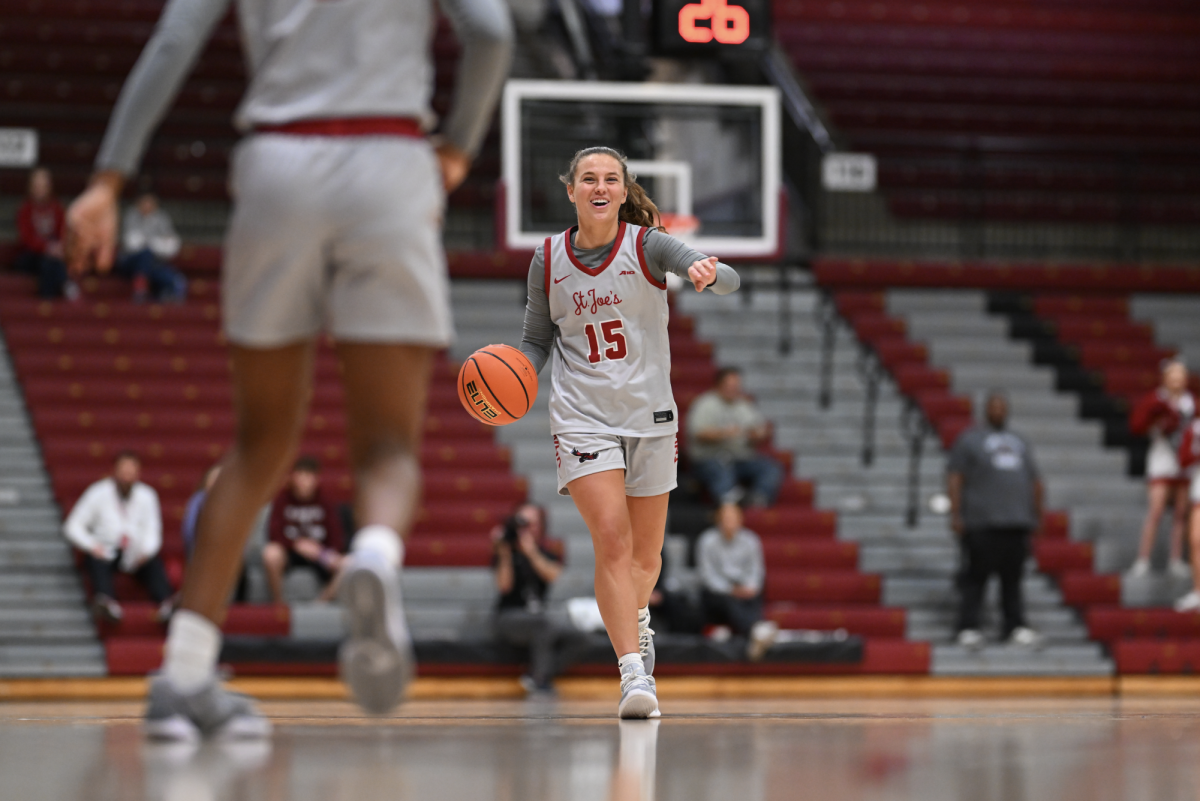Students in recovery react to celebrity overdoses
When rapper Mac Miller fatally overdosed last month, the entertainer’s death struck a nerve for students on campus who are in recovery.
It was not just that the students may have experienced overdoses themselves or had friends who died from them. It was their peers’ response to Miller’s Sept. 7 overdose that angered them.
“I’ve had to unfollow people because people are making jokes about drug addiction,” said Erin McCarrick ’20, a student in recovery and member of The Flock, a campus support group for anyone affected by substance use disorder.
“I’ve had some hard conversations with people who just don’t understand,” McCarrick said. “They see these things and they’re judging them and they’re thinking they know. That’s really hard for me to see so publically.”
Another student in recovery, who asked not to be named, described the phone call he received from his sister on July 24, telling him about another celebrity overdose, that of singer Demi Lovato.
“She called me because she knows I overdosed,” the student said. “So when it happens to celebrities, it kind of takes us back to when that happened.”
On social media, reactions were mixed after Lovato’s overdose and Miller’s death. Some people expressed compassion and sadness for what the celebrities and their families were facing, telling their followers to reach out if they were struggling themselves.
Others claimed it was Lovato and Miller’s own faults, debating whether substance use disorder is a real disease.
Others yet were angered that people only seem to care about the drug epidemic when it affects celebrities.
The student who was reminded of his own overdose said he wasn’t affected by the overdose of a celebrity.
“I wasn’t very moved by it because I’ve known 15 kids my age who have died,” he said. “When I hear it happened to a couple of celebrities, that’s nothing.”
He said he was more disheartened by the conversation that followed.
“Everyone’s response to it, it’s not the correct response,” he said. “One person said [Lovato] deserved it because she chose to start doing the drugs. Of course you choose to do it, but you’re a drug addict, so you don’t choose that.”
Sarah Lathrop ’19, another student in recovery, and member of The Flock, said she predicted Lovato’s overdose after the artist debuted her song about relapse, “Sober.”
“Everyone said [Lovato] was talking about the past, but I talked to other people in the community and they said, ‘No, it’s coming,’” Lathrop said.
Students in recovery said they were also bothered that people on social media blamed Miller’s former girlfriend, Ariana Grande, for his death.
“That creates a stigma against people who are dating addicts or alcoholics that they should just stay so they can fix or save the other person,” McCarrick said. “I’ve learned from my own experience that you can’t do that when you’re in a relationship with someone with a substance abuse disorder.”
Katie Bean, assistant director of Student Outreach and Support, said media accounts in the wake of celebrity overdoses exacerbate the stigma surrounding substance use disorder.
“The way the media covers it or the way our society portrays people with this disorder is they focus on the negative,” Bean said. “They focus on the relapse, they focus on the overdose and they are not focused on the recovery and the hard work.”
That is what Lathrop has found as well.
“After the bad and once things start looking up for the celebrities, they stop,” Lathrop said. “They don’t talk about how well they’re doing afterward.”
McCarrick said this kind of public conversation puts more pressure on celebrities in recovery.
“I know, for my friends, their families couldn’t even know they were in treatment without them being enabled or being set up almost to fail,” McCarrick said. “Now that everybody knows, it’s such a disappointment if [Lovato] doesn’t stay sober. That weight is on her now that everyone knows that she did overdose.”
While Bean said her own reaction as a substance use disorder advocate was one of sadness and empathy for the affected celebrities and their families, people must also acknowledge the positive side of recovery to change the public’s attitudes about it.
“Relapse does happen, but not to everyone,” she said. “It doesn’t mean that they lost everything.”
Bean said it’s important for people to educate themselves about substance use disorder to reverse that stigma and support those who are struggling.
“Be an active friend,” Bean said. “Seek out, ask people how they are doing and listen for the answer.”
Recovery and counseling services:
WADE/Student Outreach & Support:
(610) 660-1149
CAPS: (610) 660-1090
Philadelphia Counseling Center:
(610) 298-1999
Narcotics Anonymous: (215) 745-9494
SMART Recovery: (866) 951-5357

